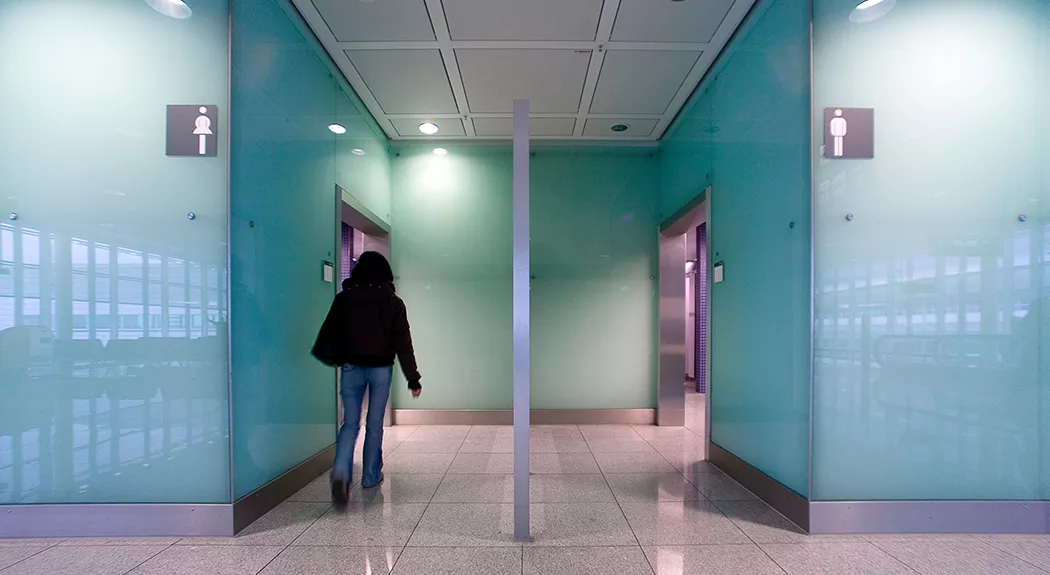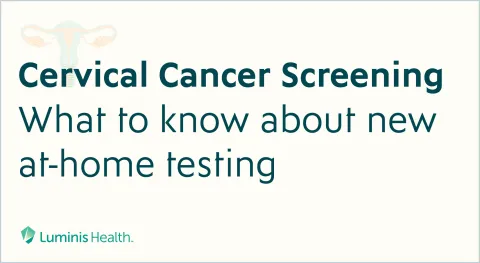
Women are more likely to experience bladder control problems, also known as urinary incontinence. Many women think that accidental leakage is a normal part of aging. While incontinence is common, it is not normal.
The good news is there are many options for help, and most women who get treatment see their symptoms improve. Here are a few treatment and self-help options to help you manage incontinence.
- Maintain a healthy weight and diet. Carrying extra weight adds stress to your pelvic floor and impacts function of the nerves and muscles in your genital tract. Also, find a healthy balance of fluid intake to stay hydrated without overdoing it. This can reduce your trips to the bathroom. You also want to drink the right kinds of fluids. Beverages like coffee, tea and energy drinks with artificial sweeteners can irritate your bladder and create a sudden urge to ‘go.’
- Live an active lifestyle. Fitness plays an important role in managing your incontinence. While high-intensity exercises can increase your risk of incontinence by placing pressure on your pelvic floor, regular physical activity keeps you normal. Kegel exercises, with or without the help of a physical therapist or professional trainer, can also help you better control your pelvic floor muscles and help with leakage.
- Try physical therapy for the pelvic floor. Pelvic physical therapy can help you strengthen your pelvic floor muscles and aid in function of the organs that support your pelvic floor. Physical therapy might include pelvic floor contractions for urge control as well as stretching and strengthening exercises to help decrease pain. Therapists can also help you with proper Kegel technique to make sure you are getting the full benefit of the exercise.
- Talk to your doctor about medication to help control symptoms. There are several medications available to help manage the muscle spasms in your bladder that cause incontinence. Your doctor can help you learn both the risks and benefits of using medication.
- Talk to your doctor about minimally invasive surgery treatment. If other treatments fail to improve your symptoms, your doctor may recommend surgery. Surgery to treat incontinence has advanced to include minimally invasive options. Minimally invasive surgery allows for a faster recovery and quick return to daily activities. Most surgical patients leave the hospital less than 24 hours after surgery.
Urogynecology is a field of medicine dedicated to the treatment of pelvic floor disorders, including incontinence, in women. Places like Anne Arundel Medical Center (AAMC) Women’s Center for Pelvic Health have urogynecology doctors to help patients of all ages optimize and maintain pelvic wellness. Don’t let incontinence take away from your quality of life. Talk to a urogynecologist about a treatment plan specific to your symptoms.
 Kay Hoskey, MD, is a urogynecologist with AAMC Women’s Center for Pelvic Health. Her office can be reached at 443-481-1199.
Kay Hoskey, MD, is a urogynecologist with AAMC Women’s Center for Pelvic Health. Her office can be reached at 443-481-1199.



